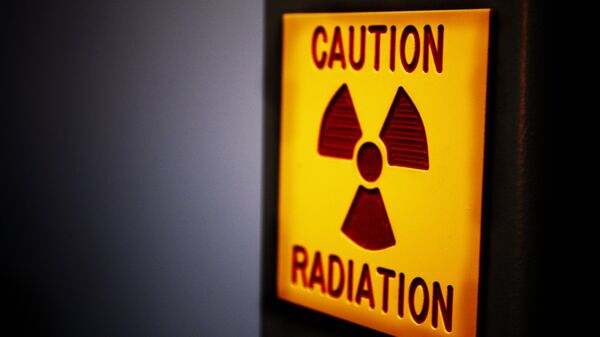A “tiny” concentration of radioactive iodine was detected in the air in the Norwegian province of Finnmark near the border with Russia, Norway’s Radiation & Nuclear Safety Authority announced on Thursday.
“Tiny amounts of radioactive iodine [have] been measured in air at our air filter station in Svanhovd in Northern Norway,” the agency said in a press release, adding that “the level detected is very low and poses no harm to people nor the environment.”
The regulator specified that its conclusions were based on a sample taken between August 9 and 12, in the days immediately following Russia’s August 8 failed test of an unspecified “new piece of armament” which US officials have alleged was the Burevestnik, NATO reporting name SSC-X-9 ‘Skyfall’, a Russian nuclear-powered cruise missile.
'Not Possible to Determine' Radiation Source
“The measurement result is comparable to earlier measurements,” the regulator continued. “Norwegian monitoring stations detect radioactive iodine about 6-8 times a year and the source is usually unknown. When no other radioactive substances than iodine is detected, the source is most likely releases from production facilities for radioactive pharmaceuticals containing iodine,” it added.
According to the Radiation & Nuclear Safety Authority, it’s “not possible to determine” at the moment whether the small spike in radioactive iodine was associated with last week’s rocket system test accident in nearby Arkhangelsk region, Russia.
On August 8, an explosion rocked a military training ground near Severodvinsk during testing of a liquid propulsion system. As a result of the accident, two military personnel and five scientists from Russia’s state atomic corporation, Rosatom, were killed. Three more scientists were hospitalised.
Immediately following the incident, the Russian Defence Ministry said that no radiation leak had taken place. Later, officials admitted that radiation levels in the northwestern city of Severodvinsk near the accident site had temporarily spiked above the norm before returning to normal after about two and a half hours on August 8.
Tweeting about the incident on Tuesday, US President Donald Trump wrote that the “failed missile explosion in Russia” had “people worried about the air around the facility, and far beyond.” Some Western media picked up on the 'radiation spike' fears, with the Washington Post going so far as to compare the rocket test incident to Chernobyl, while The Independent claimed, without evidence, that recent hurricane weather warnings in Moscow were actually related to the "deadly nuclear explosion" which followed the rocket test accident.




